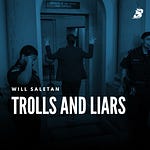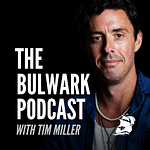Lincoln's political skills were a key part of his legacy, but the politics he practiced were not like today's base-oriented version. He didn't demonize people—and built a majority with people he disagreed with. The House GOP currently has lost sight of that. Steve Inskeep joins Charlie Sykes to discuss his new book on Lincoln, "Differ We Must."
show note…














